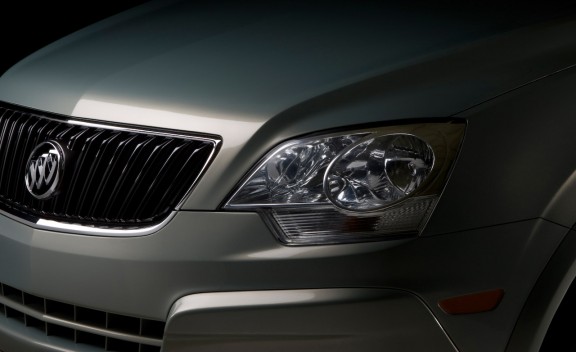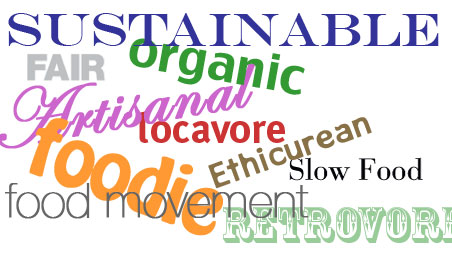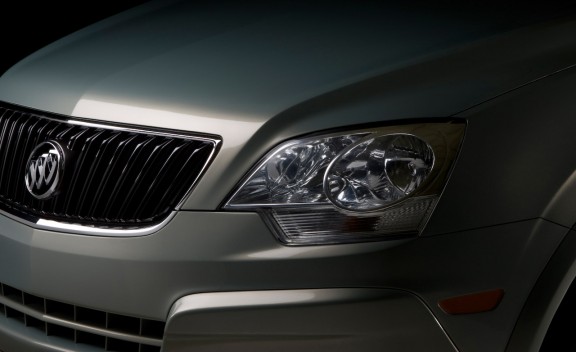 The market for electric cars isn’t expected to grow much by 2020.Yes, electric cars have come back from the dead. But it looks like their pulse will be pretty weak for awhile. A long while.
The market for electric cars isn’t expected to grow much by 2020.Yes, electric cars have come back from the dead. But it looks like their pulse will be pretty weak for awhile. A long while.
Gas transit: At least that’s the way J.D. Power & Associates, the auto market research firm sees it. It’s projecting that even by 2020, hybrid-electric and battery-electric vehicles will capture just over 7 percent of new car sales around the planet. That’s not that much higher than it is this year — 2 percent — and Nissan’s Leaf and Chevy’s Volt are just going on the market.
One big reason for the expected tepid market response is that oil producers are keeping gas prices low to stifle enthusiasm. Plus, says Power:
… consumers remain concerned about the technology, drivers worry about the range of the cars, and at the end of the day, they are just too expensive compared with conventional combustion-engine vehicles.
And in other green news:
But we want to know everything about you: Here’s a shocker: Oil producers and manufacturers are fighting an EPA proposal that would require them to reveal how much greenhouse gas each of their plants emits. They say the public doesn’t need to know that much detail. [AP]
Brain drain: Yet another survey on climate change and yet another indication that belief in global warming is waning. According to the latest poll from the Pew Research Center, about 60 percent of the American public thinks the Earth is getting warmer, but that compares with almost 80 percent in July of 2006. And only a third of those surveyed attribute climate change to human activity. [Pew Research Center] [PDF]
Moral quandary: One reason there’s still so much resistance to action on climate change is that there’s been too much focus on the scientific and economic aspects of a warming climate and too little on the social and cultural side of the problem. So says University of Michigan researcher Andrew Hoffman, who adds:
Just as few people saw a moral problem with slavery in the 18th century, few people in the 21st century see a moral problem with the burning of fossil fuels. Will people in 100 years look at us with the same incomprehension we feel toward 18th-century defenders of slavery?
Bad prop, bad prop: Proposition 23 in California is getting all the attention, but another measure, Prop 26, could hammer the state’s health, safety, and environmental laws. The reason: It would redefine certain fees — including those related to the state’ greenhouse-gas emissions law — as taxes, and require a two-thirds vote to pass them. [The Hill]
He said he’d be back: As for Prop 23, well, it’s time to bring out the heavy hitters. Sure, the Texas oil companies have spent millions to get it passed, but now they’re facing the monster tag team of Mr. Avatar and the Terminator. Watch their video.
But wait, there’s more: Arnold, in his role as California’s governor, also unloaded on the “wimps” in Washington, during an interview with ABC’s Diane Sawyer. Here’s a taste:
We need to go to Washington and say, look what happened … because oil companies have spent money against you, they have threatened you, you backed off the energy policy and the environmental policy in Washington. What wimps. No guts. I mean, here, you idolize and always celebrate the great warriors. Our soldiers, our men and women who go to Iraq and Afghanistan, and they’re risking their lives to defend this country and you’re not even willing to stand up against the oil companies. … That’s disgusting. You promised the people you’d represent them. You didn’t promise the people you’d represent the oil companies and the special interests
And the Los Angeles Times weighs in with a big NO! on Prop 23:
Since the late 1960s, California has led the nation in environmental regulation — and where California leads, other states and Congress almost invariably follow. That’s the real reason the likes of Valero and Tesoro are so afraid of AB 32: They know it will spread. And it’s why Californians must not let them succeed. With Congress currently paralyzed on climate legislation, California is the best hope for a cleaner future in the United States. Vote no on Proposition 23.
Shooting blanks: Put down those canned beans, guys. In the latest knock against BPA, Chinese workers exposed to high levels of BPA were found to have low sperm counts. [AP]
Back in frack: Still trying to get a handle on what natural gas fracking is all about? National Geographic has a special report on the boom in Pennsylvania and the process of using hydraulic fracturing to get natural gas from shale deposits. For his part, the state’s governor, Ed Rendell, doesn’t think much of it. He’s blocking natural gas development in state forests. [The New York Times]
Flipping its grid: The head of Germany’s energy agency says his country could one day have so many solar panels that it could overload its aging power grid. Who knew? [New Scientist]
But they were on such a roll: Finally, here’s a little statistic to help impress that mysterious stranger at this weekend’s Halloween party: Each year a million miles of cardboard from the tubes inside toilet paper rolls is tossed in the trash. (By my calculation, that’s enough to circle the Earth 40 times.) But not for long. Scott Tissue is about to take the bold step of selling toilet paper without the cardboard tubes. And you thought this day would never come. [GreenBiz]



